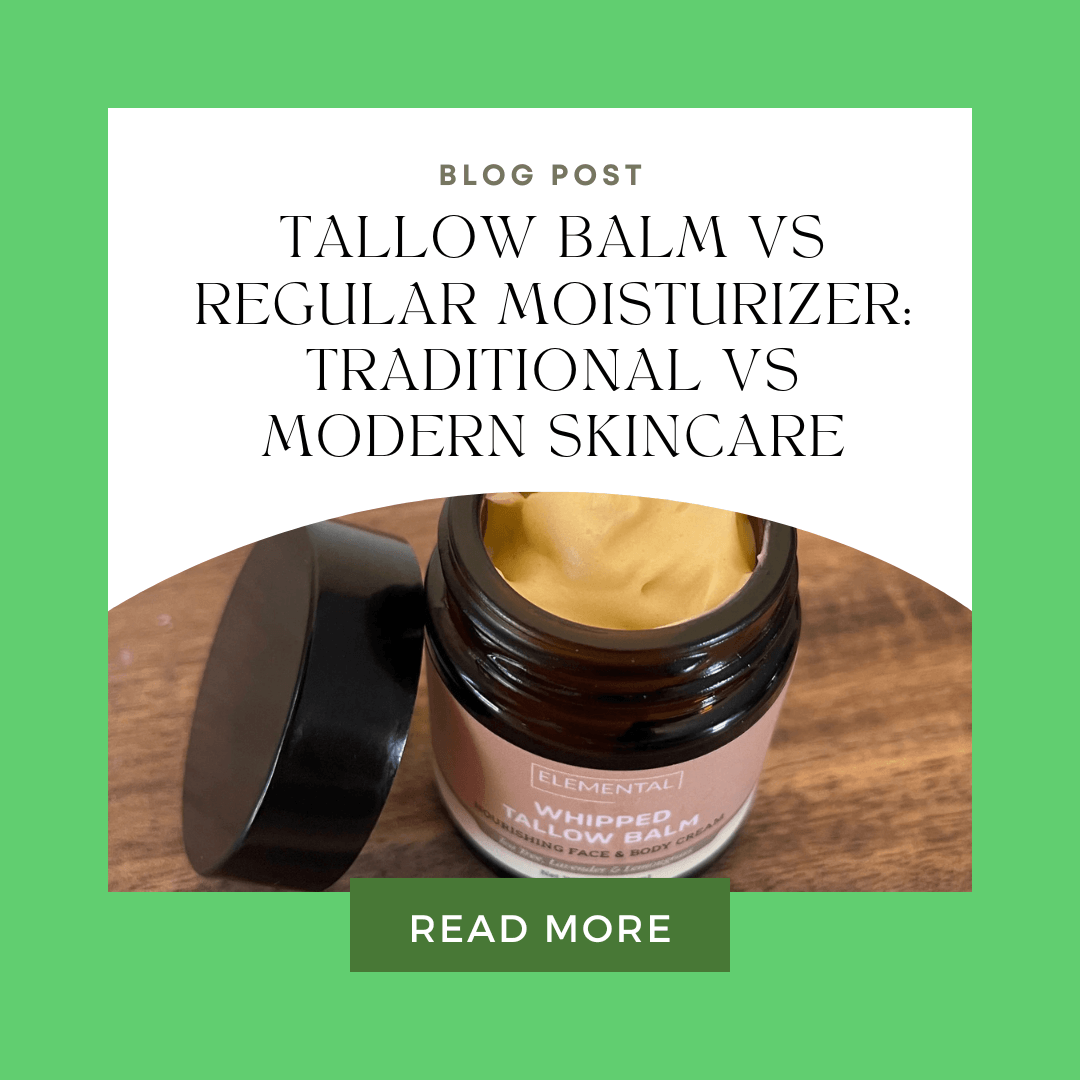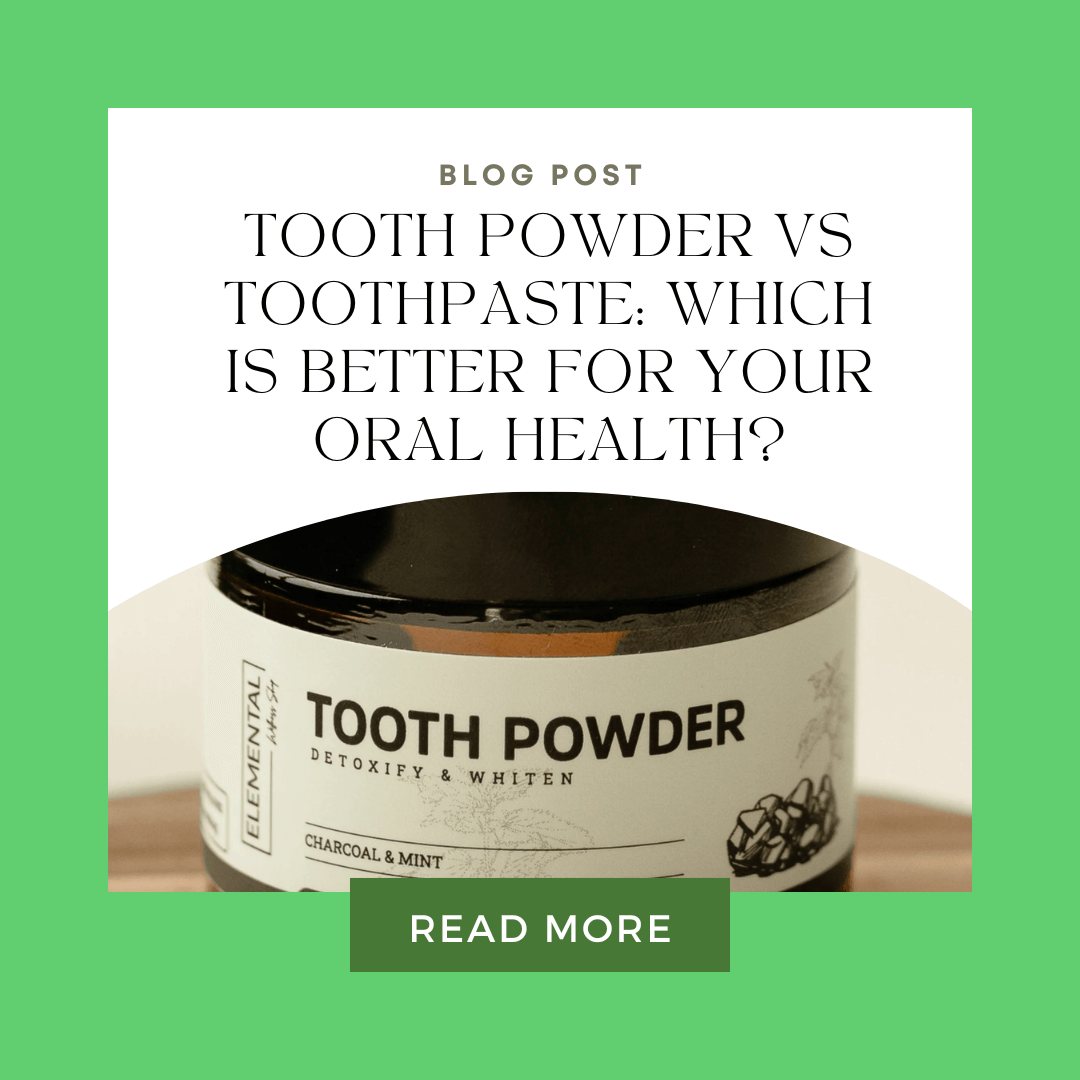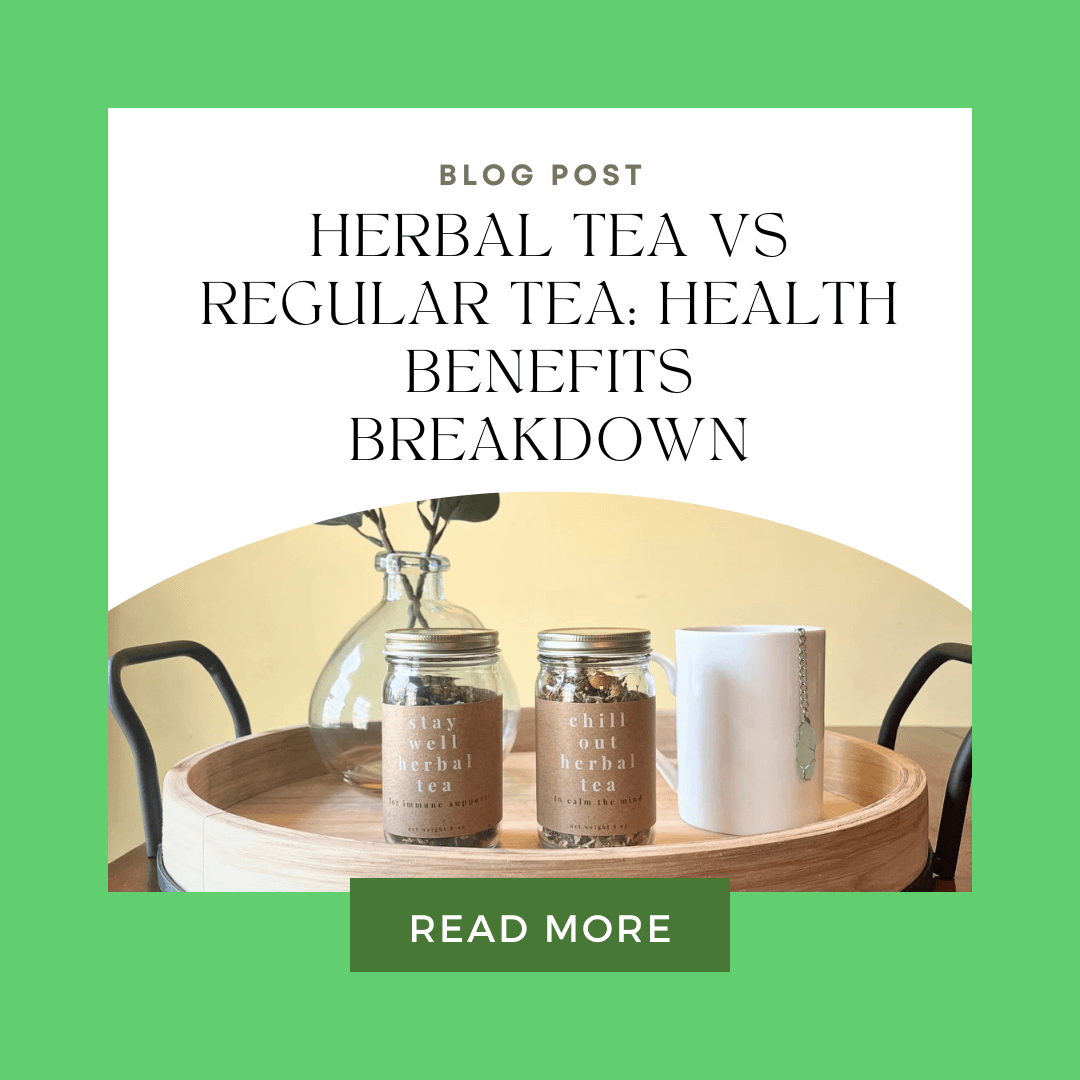Why Choose Palm Oil Free Soap
If you’re someone who’s conscious about the environment, your health, or the ingredients in your personal care products, you might have come across the growing movement toward palm oil-free soap. But you may be wondering: why does palm oil get such a bad rap, and is it really necessary to go palm oil-free? Let’s dive into why this simple switch can make a big difference for both your skin and the planet.
What’s the Deal with Palm Oil?
Palm oil is a type of vegetable oil derived from the fruit of the oil palm tree, primarily grown in tropical regions like Indonesia and Malaysia. It’s incredibly versatile and found in everything from food to cosmetics, including many soap products. In fact, because of its efficiency as a crop, palm oil is in almost 50% of packaged goods found in supermarkets.
So, why would anyone want to avoid it?
The issue isn’t so much the oil itself—it’s the way it’s produced.
Environmental Impact of Palm Oil
1. Deforestation
One of the biggest reasons people choose palm oil-free soap is to avoid contributing to deforestation. To keep up with global demand, vast areas of rainforests are cleared to make way for palm oil plantations. This large-scale deforestation has devastating effects on biodiversity and ecosystems. Rainforests are home to endangered species like orangutans, tigers, and elephants, many of which lose their habitats as forests are destroyed. Sadly, palm oil production is a leading driver of rainforest destruction.
2. Climate Change
When forests are cleared, the carbon stored in the trees is released into the atmosphere, contributing to climate change. Peatlands, which are rich in carbon, are often drained for palm oil plantations, releasing massive amounts of greenhouse gases. This contributes significantly to global warming. By choosing palm oil-free products, you’re indirectly supporting efforts to slow down climate change.
3. Loss of Biodiversity
Palm oil plantations not only destroy animal habitats but also reduce overall biodiversity. Rainforests are some of the most biodiverse ecosystems on Earth, and their destruction leads to the loss of countless plant and animal species. When we choose products that don’t rely on palm oil, we reduce the demand for these plantations and help protect these vital ecosystems.
Ethical Concerns Surrounding Palm Oil
1. Human Rights Issues
The palm oil industry is also associated with human rights abuses, including poor working conditions, low wages, and even child labor in some cases. Many workers on palm oil plantations are subject to exploitation and dangerous working environments. By avoiding products containing palm oil, such as choosing ethical alternatives like Pit Paste (All Natural Deodorant), you can help reduce the demand for this often unethically sourced ingredient.
2. Displacement of Indigenous Communities
In some regions, the expansion of palm oil plantations has led to the displacement of indigenous peoples who rely on the rainforest for their livelihoods and culture. Entire communities are sometimes forced off their ancestral lands to make way for industrial plantations. Supporting palm oil-free products is one way to stand in solidarity with these communities and oppose unethical land use practices.
Benefits of Choosing Palm Oil-Free Soap
1. More Sustainable Ingredients
Palm oil free soap is often made with more sustainable ingredients, such as our Probiotic Bar Soap, which nourishes the skin naturally. locally sourced oils like olive, coconut, or shea butter. These ingredients not only provide a more ethical alternative but can also offer better nourishment for your skin. For example, olive oil is known for its moisturizing properties, while coconut oil has antibacterial benefits.
2. Kinder to Sensitive Skin
Palm oil is often used in soap because it’s cheap and creates a rich lather, but some people find it irritating to their skin. Palm oil free soap is often made with gentler, more natural ingredients that are better suited for sensitive skin. They’re usually free from harsh chemicals or synthetic additives, making them a healthier option for your daily skincare routine.
3. Supporting Ethical Brands
When you opt for palm oil free soap, you’re often supporting small, ethical companies that prioritize environmental sustainability and fair trade practices. Many of these brands focus on using organic, natural ingredients and environmentally friendly packaging. By choosing palm oil-free, you’re voting with your dollars for a more ethical, eco-conscious marketplace.
How to Find Palm Oil Free Soap
Finding palm oil-free soap can feel overwhelming since palm oil can be listed under many different names, like "sodium palmate" or "vegetable oil." Here are a few tips to help you shop smarter:
- Check labels carefully: Look for certifications like “palm oil-free” or “RSPO-certified” (though RSPO-certified still involves palm oil, it’s considered more sustainable).
- Support small, artisanal brands: Many smaller soap makers are dedicated to creating natural, palm oil-free products, such as our Liquid Castile Soap. These businesses often have transparent ingredient lists and environmentally friendly practices.
- Look for eco-conscious certifications: Brands that emphasize sustainability and eco-friendliness often steer clear of palm oil altogether. Certifications like cruelty-free, fair trade, or vegan can also signal ethical production.
Conclusion: Is It Worth It to Go Palm Oil-Free?
In short, choosing palm oil-free soap is a small but powerful way to make a positive impact. Whether you’re passionate about protecting rainforests, supporting ethical business practices, or simply looking for a cleaner, more natural soap option for your skin, going palm oil-free is a meaningful step.
Every purchase counts, and by switching to palm oil-free soap, you’re not only choosing a product that’s better for your skin—you’re choosing to protect our planet and its people.





